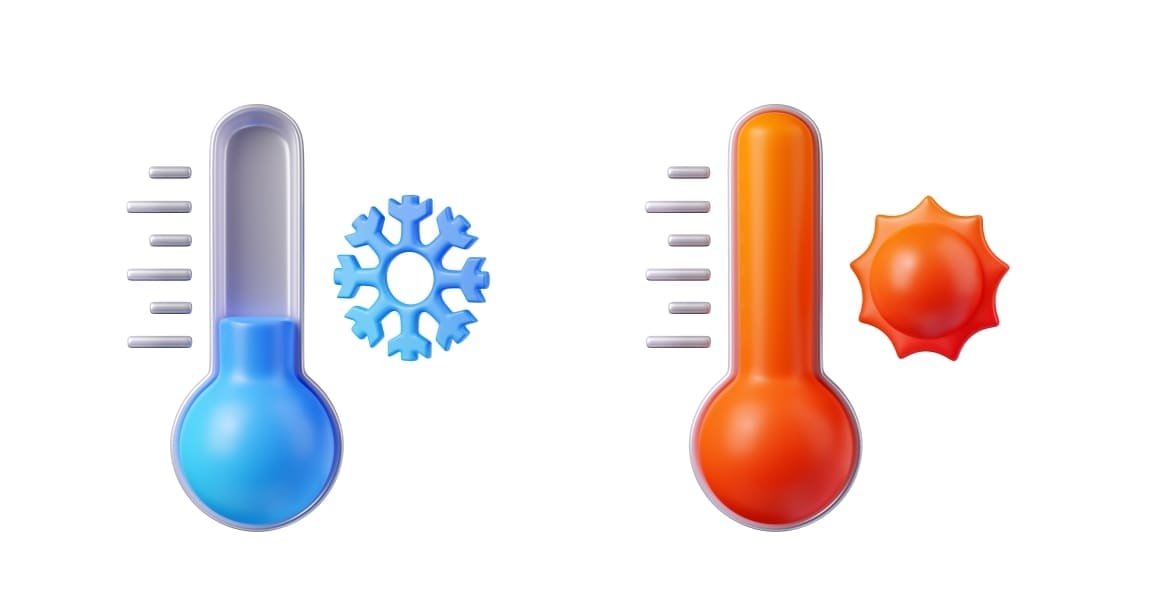The temperature of your childhood home, among other factors, may help predict your thermostat settings.
By PLOS
Childhood home temperature and community connectedness can help predict how U.S. residents set their thermostats, offering new ways to encourage energy conservation and combat climate change, according to a study published, July 3, in the open-access journal PLOS Climate by Dritjon Gruda from the National University of Ireland Maynooth and Paul Hanges from the University of Maryland.
Half of U.S. households’ annual electricity use goes to heating and cooling, but less than half of homeowners tweak their thermostats to save energy throughout the day. Reducing residential energy consumption (which occupies 21% of the U.S. energy pie chart) is therefore a promising strategy for curbing national energy consumption and burning fewer fossil fuels. But first, scientists seek a reliable way to provide evidence for policy makers to incentivize at-home energy conservation.
To investigate why U.S. adults heat and cool their homes the way they do, Gruda and Hanges surveyed 2,128 participants, who reported the average winter thermostat settings in their current and childhood homes. They also rated their emotional connectedness to their current communities, a metric referred to as “community fit.” The researchers controlled for age, gender, and household income, and participants were representative of the U.S. population.
Results indicated that participants’ childhood home temperatures positively predicted their current home temperatures. For example: of people who live in cold-winter locales like New York, those raised in warmer homes tend to dial up their thermostats higher than those reared in cooler abodes.
Additionally, the researchers observed that individuals with a strong sense of community belonging were more likely to align their home temperature settings with others in their community. For example: a New Yorker with strong community ties may keep their indoor climate cooler, while someone less enamored with the Big Apple may turn up the heat.
These results suggest that “policymakers may need to pivot towards campaigns that deeply resonate with the unique identity and values of individual communities” to encourage energy conservation, the researchers state.
The authors acknowledge that community connectedness may not translate directly to energy savings, especially in affluent communities, and encourage longitudinal studies to address household income and other contributing factors.
Summarizing, the authors add: “Community fit determines how low you set your thermostat during winter, and how much heating energy you save.”
More information: Gruda D., Hanges P., ‘Turn down for watt: Community fit and thermal comfort habituation predict average household heating energy consumption’, PLOS Climate (3 7: e0000407; 2024); DOI: 10.1371/journal.pclm.0000407. Featured image credit: upklyak | Freepik




